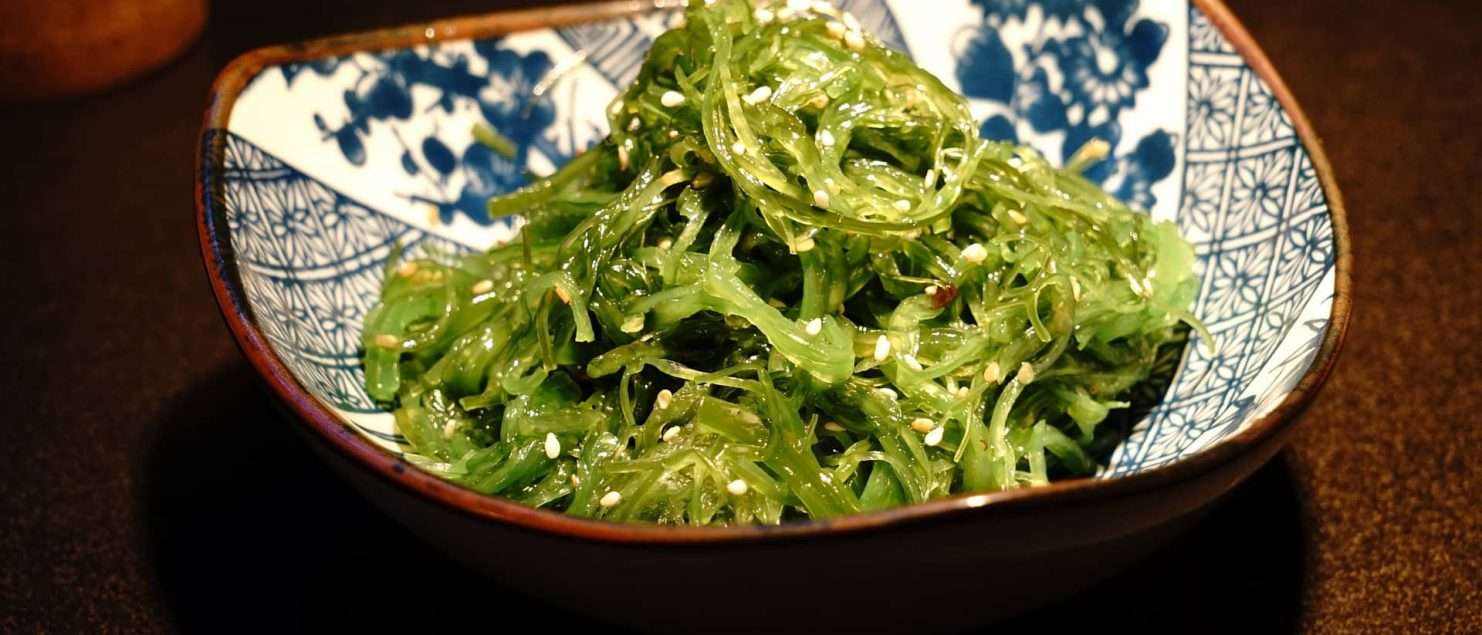Beginners Guide: Iodine
Iodine is an essential trace element that plays a vital role in the function of the thyroid gland. The thyroid gland produces two hormones, thyroxine (T4) and triiodothyronine (T3), which are responsible for regulating metabolism. Iodine is necessary for the production of these hormones, and it also helps to protect the thyroid from damage.
In addition to its role in thyroid function, iodine is also important for brain development and function. Iodine deficiency can lead to a variety of problems, including mental retardation, goiters, and birth defects. As a result, it is important to ensure that you are getting enough iodine in your diet.
If you don’t get enough iodine, you may develop a condition called hypothyroidism, which is characterized by low levels of thyroid hormone. Symptoms of hypothyroidism include fatigue, weight gain, constipation, cold intolerance, muscle weakness, joint pain, and depression.
Food Sources & Supplementation
Iodine Rich Foods
Iodine is a nutrient that’s essential for thyroid health. The thyroid is a small gland in your neck that produces hormones that regulate your metabolism. Iodine helps the thyroid produce these hormones. Your body doesn’t make iodine, so you need to get it from food. Seafood is the best source of iodine. fish, such as cod and tuna, and shellfish, such as shrimp and lobster, are all good sources.
Other iodine-rich foods include eggs, milk, and yogurt. You can also get iodine from plants, such as seaweed and certain types of beans. If you don’t eat iodine-rich foods regularly, you may need to take a supplement. iodine deficiency can lead to weight gain, fatigue, and an enlarged thyroid gland (goiter). talk to your doctor if you’re concerned about your iodine levels.
Seaweed
Seaweed is a type of algae that grows in the ocean. It is a rich source of iodine, and just one gram of dried seaweed can provide up to 35% of the Daily Value (DV) for iodine. Seaweed is also a good source of other nutrients, including magnesium, calcium, iron, and vitamins A, C, and E.
Codfish
Codfish is a type of whitefish that is commonly consumed in many parts of the world. It is a good source of iodine, providing about 25% of the DV for iodine in a 3-ounce serving. Codfish is also a good source of protein and omega-3 fatty acids.
Shrimp
Shrimp is a type of seafood that is popular in many cuisines around the world. It is a good source of iodine, providing about 20% of the DV for iodine in a 3-ounce serving. Shrimp is also a good source of protein and omega-3 fatty acids.
Lobster
Lobster is a type of seafood that is considered to be a delicacy in many parts of the world. It is a good source of iodine, providing about 15% of the DV for iodine in a 3-ounce serving. Lobster is also a good source of protein and omega-3 fatty acids.
Salmon
Salmon is a type of fish that is popular in many cuisines around the world. It is a good source of iodine, providing about 12% of the DV for iodine in a 3-ounce serving. Salmon is also a good source of protein and omega-3 fatty acids.
People with certain health conditions may need to take iodine supplements. These conditions include:
•Autoimmune disease of the thyroid
• Hypothyroidism
• Hyperthyroidism
• Pregnancy
• Breastfeeding
Possible side effects or interactions
Iodine can interact with certain medications, such as lithium, warfarin, and iodine-containing contrast dyes. These interactions can cause the iodine levels in the body to become too high, which can lead to side effects such as fever, goiter, and nausea. Iodine can also cause certain medical conditions to worsen, such as Grave’s disease and Hashimoto’s disease.
When taken in large doses, iodine can also cause side effects such as diarrhea, stomach pain, and vomiting. Iodine can also irritate the skin and mucous membranes. If you experience any of these side effects, you should stop taking iodine supplements and see your doctor.
Conclusion
Iodine is a nutrient found in many foods. It’s important for thyroid function and plays a role in metabolism, growth, and development. Iodine deficiency is common in some parts of the world but is rare in the United States due to the fortification of salt with iodine.
Most people can get enough iodine by eating a varied diet or by using iodized salt when cooking. However, people with certain health conditions may need to take supplements. Iodine is generally safe when taken in appropriate amounts but can cause side effects when taken in high doses. Speak with your doctor if you think you might need an iodine supplement.
Sign up for my free email newsletter and get access to tips, tricks & content that will help you live your healthiest life! Ready to take the next step? Book your first coaching session and take 10% off!
My focus areas include nutrition, fitness, mindset, posture, and sleep. I specialize in adult beginners and those starting their wellness journey later in life. I am passionate about helping people live healthier, happier lives. I live in Katy, TX with my two cats, Cheetah and Sorbet.

